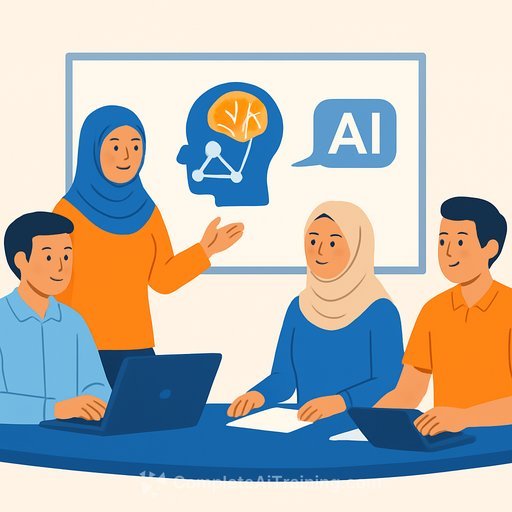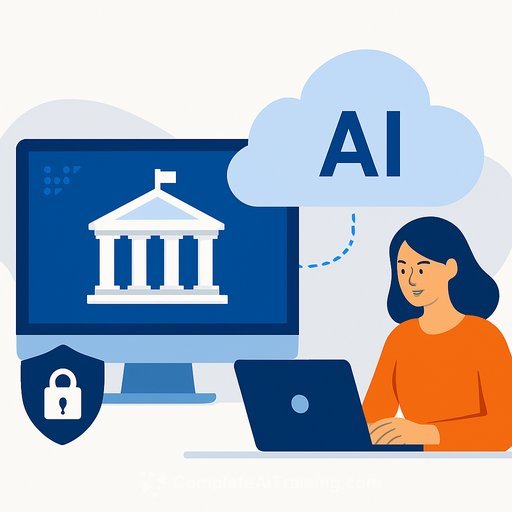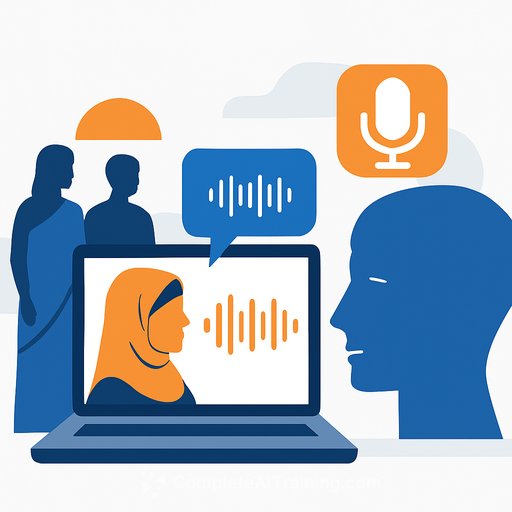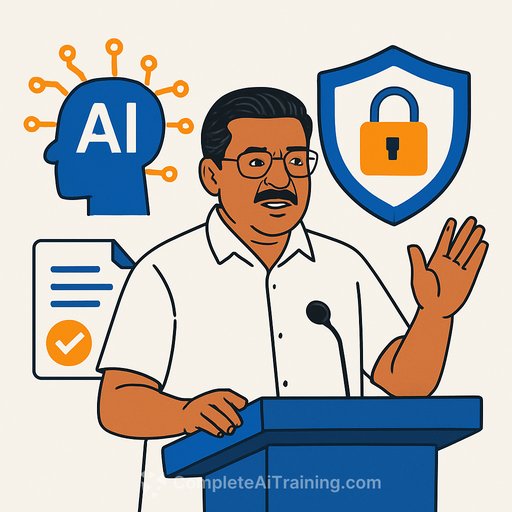Indonesia Launches AI Literacy Talks in Aceh to Strengthen Public Communication
Indonesia's Ministry of Communications and Digital Affairs has kicked off a series of public discussions in Aceh to raise awareness of artificial intelligence-its impact, ethics, and new opportunities. The effort is part of a broader push to strengthen digital literacy nationwide and support more informed public communication.
"We want to foster media and communities that are better prepared, adaptive, and empowered in facing the era of AI," said Very Radian Wicaksono, secretary of the Directorate General of Communication and Media.
What the Program Covers
The event, "Smart Literacy in the AI Era," was held with the Press Council and brought together local journalists, student reporters, and community representatives. Sessions focused on how AI influences information integrity and human behavior, its potential for innovation, and the ethical guardrails required to keep trust intact.
Wicaksono emphasized improving media capacity to deliver accurate, relevant, and accessible information while using AI responsibly. The talks acknowledged the growing public use of generative AI tools for text, images, audio, and video-useful, but requiring critical and careful application.
Why This Matters for Government Communicators
- Generative AI lowers the cost of content creation-and misinformation. Verification must keep pace.
- Deepfakes and synthetic audio raise new risks for public trust, crisis response, and election integrity.
- Clear internal standards on AI use help teams move faster without compromising accuracy or ethics.
- Public demand for accessible, inclusive information is growing; AI can help if used with safeguards.
Policy Signals to Watch
Indonesia continues to show strong public acceptance of AI and a government commitment to an inclusive, ethical digital ecosystem. To guide this, two presidential regulations are being drafted: a national AI development roadmap and AI ethics guidelines to ensure safe and sovereign governance.
Practical Steps for Agencies and Public Information Officers
- Set an AI use policy: Define approved tools, required human review, and disclosure for AI-assisted content.
- Build a verification workflow: Source validation, reverse image/video search, and second-editor checks for sensitive topics.
- Protect data: Restrict input of personal or confidential data into external AI tools; use enterprise controls where possible.
- Prepare for deepfakes: Create a rapid response playbook, escalation contacts, and pre-approved messaging.
- Train the team: Critical thinking, prompt writing, bias awareness, and accessibility standards for AI-generated outputs.
- Document decisions: Keep an audit trail when AI contributes to analysis or content used in public communication.
- Engage communities: Invite feedback loops with local media and civil groups to spot risks early and improve clarity.
Capacity Building and Next Moves
The ministry encouraged participants to apply critical thinking, fact-checking, and digital literacy in daily work-and to explore AI-based creative projects, including those that support public programs such as Sekolah Rakyat. "We hope today's Insight Talks will be a small step with a big impact in building a smart, critical, and ethical digital society," Wicaksono said.
For agencies looking to align with ethical best practices, the UNESCO Recommendation on the Ethics of AI offers a clear baseline framework. See the overview here: UNESCO AI Ethics Recommendation.
If your team needs structured upskilling for AI literacy and role-based workflows, explore curated course paths by job function: Complete AI Training - Courses by Job.
Your membership also unlocks:






